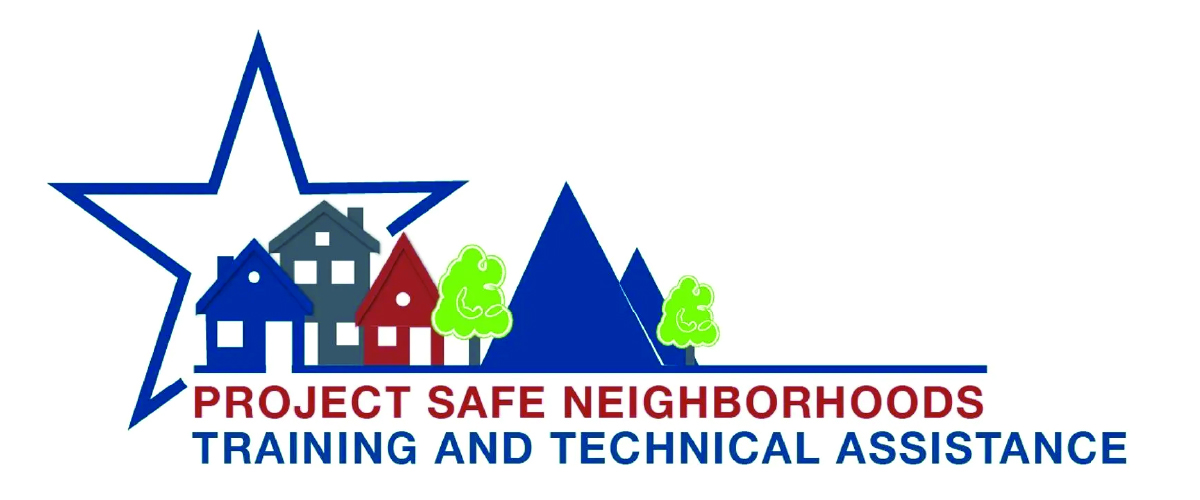Attention Felons: Evaluating Project Safe Neighborhoods in Chicago
This research uses a quasi-experimental design to evaluate the impact of Project Safe Neighborhood (PSN) initiatives on neighborhood-level crime rates in Chicago. Four interventions are analyzed: (1) increased federal prosecutions for convicted felons carrying or using guns, (2) the length of sentences associated with federal prosecutions, (3) supply-side firearm policing activities, and (4) social marketing of deterrence and social norms messages through justice-style offender notification meetings. Using individual growth curve models and propensity scores to adjust for nonrandom group assignment of neighborhoods, our findings suggest that several PSN interventions are associated with greater declines of homicide in the treatment neighborhoods compared to the control neighborhoods. The largest effect is associated with the offender notification meetings that stress individual deterrence, normative change in offender behavior, and increasing views on legitimacy and procedural justice. Possible competing hypotheses and directions for individual-level analysis are also discussed.
